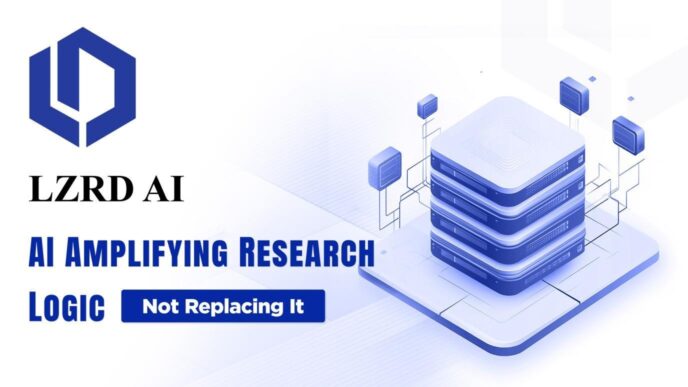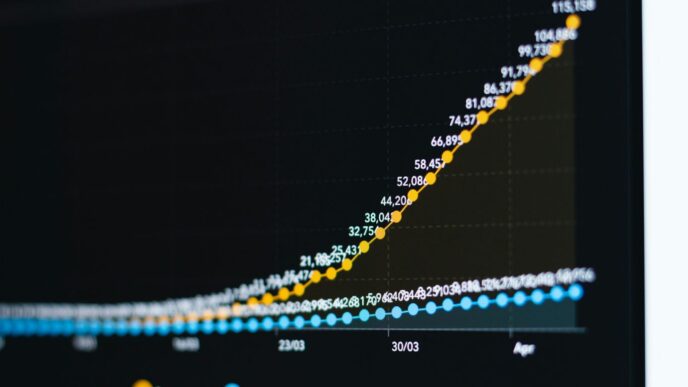Fidelis Othuke Onyeke has emerged as a respected voice in engineering safety, with his research already drawing attention in Nigeria and abroad. As corresponding author of the paper “Innovative approaches to enhancing functional safety in Distributed Control Systems (DCS) and Safety Instrumented Systems (SIS) for Oil and Gas Applications,” published in the Open Access Research Journal of Multidisciplinary Studies, he is putting forward ideas that are immediately relevant to the oil and gas sector globally, including in the United Kingdom and the United States. His work at Shell Petroleum Development Company in Port Harcourt focuses on strengthening safety systems in high-risk operations, building digital resilience, and ensuring that oil and gas activities remain reliable and sustainable in an era of growing technological complexity.
Speaking about what drove this research, Fidelis explains: “Functional safety is not about ticking a compliance box. It is about saving lives, protecting infrastructure, and ensuring continuity of operations in industries where a single error can be catastrophic.” His words reflect a clear philosophy—safety frameworks are not optional extras, but essential components of modern industry. For a UK audience, where the legacy of Piper Alpha continues to influence offshore safety, this warning resonates strongly.
The UK energy sector faces many of the same challenges Fidelis identifies. Reliance on the North Sea, combined with the increasing digitalisation of supply chains, exposes the sector to risks similar to those faced in Nigeria. His research highlights that Distributed Control Systems are the backbone of operational control, while Safety Instrumented Systems act independently as protective layers to prevent disaster. “You cannot separate digital safety from physical safety anymore,” Fidelis notes. “If a cyberattack disables your shutdown system, then the consequences are no different from a mechanical failure.” His insistence that cybersecurity and safety are inseparable is aligned with the strategic priorities of both the UK and USA, where critical infrastructure resilience has been elevated to national security status.
The study pinpoints gaps in existing safety frameworks, particularly in how international standards such as IEC 61508 and IEC 61511 are applied. These frameworks are comprehensive but resource-intensive. Fidelis highlights the problem: “The standards are robust, but without proper interpretation and adaptation, they risk being out of reach for smaller operators. Safety must be inclusive, not reserved for companies with the deepest pockets.” This message is relevant not only in Nigeria but also in the UK and the US, where debates around upgrading aging infrastructure and balancing costs against safety standards remain ongoing.
Cybersecurity emerges as one of the most urgent themes of his paper. Industrial systems that were once stand-alone are now digitally connected, and this creates vulnerabilities that can no longer be ignored. Fidelis calls for defense-in-depth strategies, network segmentation, intrusion detection, and employee training as part of functional safety planning. His research speaks directly to UK and US policymakers who are increasingly concerned about the vulnerability of energy assets to hostile cyberattacks.
Fidelis also pushes for predictive and proactive approaches to safety. He argues that fixed maintenance intervals are inadequate in today’s complex operating environments. Instead, he advocates predictive analytics powered by artificial intelligence, machine learning, and digital twins. “The future of safety is proactive,” he says. “You must detect the failure before it occurs, not after. With predictive analytics and digital twins, we can reduce accidents, save costs, and improve efficiency at the same time.” His advocacy reflects broader Industry 4.0 trends already shaping industrial policy in the UK and the United States, where AI-driven monitoring is seen as a key part of future resilience.
The human factor also features prominently in his thinking. Fidelis emphasises that even the most sophisticated systems are only as effective as the operators who manage them. “Technology is powerful, but it is only as good as the people using it. Training and certification must remain at the heart of safety culture,” he remarks. This argument mirrors the approach of regulators such as the UK Health and Safety Executive, which continues to place competence and continuous training at the centre of its enforcement strategy.
Fidelis’s leadership as corresponding author underlines his ability to bring research together and translate it into practical recommendations. He ensured the paper presented actionable strategies for engineers, operators, and policymakers, not abstract theory. His experience in Nigeria’s oil industry grounds the study in practical realities. By combining technical insights with on-the-ground knowledge, Fidelis shows how research conducted in Nigeria has direct relevance to decision-makers in the UK and the US, both of which manage large, complex, and aging energy infrastructures.
The wider relevance of his work is clear. Operators in the Gulf of Mexico, the North Sea, and other regions face the same issues of cyber threats, equipment degradation, and growing operational complexity. His recommendations for redundancy, fail-safe mechanisms, and lifecycle management echo practices used by leading companies, but his perspective makes them globally adaptable. What makes his contribution unique is his insistence that these practices must be scalable and applicable in contexts such as Nigeria, where resources may be more limited but safety is no less vital.
This global view is particularly important in the context of the energy transition. As the UK and US move towards net-zero targets with investments in hydrogen, carbon capture, and renewables, oil and gas still play a central role. Fidelis warns against compromising safety during this transformation. “Innovation in energy must never come at the cost of safety,” he told me. “The systems that protect workers and communities must evolve at the same pace as the technologies driving change.” His words highlight the risks of moving too quickly into new technologies without ensuring robust safety frameworks are in place.
For media readers in the UK and US, Fidelis Othuke Onyeke stands out as an example of African innovation with international relevance. He is part of a new generation of engineers whose work bridges national contexts and connects directly to global debates. His research is not only an academic achievement but also a practical contribution to how oil and gas operators should think about resilience in an era of technological and environmental change.
The impact of his publication is already measurable. Within weeks of its release in 2022, it began circulating widely in professional networks, and it continues to be cited in research and industry discussions. But the real importance lies in how it shapes conversations across borders. By publishing this work, Fidelis demonstrates that world-class contributions to safety research are emerging from Nigeria and influencing debates in both the UK and the US.
His integration of AI, machine learning, and digital twins into safety management, his insistence on cybersecurity as a core safety issue, and his vision of safety frameworks that are inclusive and scalable mark him out as a thought leader. He is positioning himself as a researcher whose ideas extend beyond his national context and speak directly to the needs of global energy sectors.
The paper represents a significant step in redefining how functional safety is discussed. It places equal emphasis on technology, people, and governance, showing that safety is not a single system or checklist but a culture that must adapt continuously. For the UK and the US, the lessons are immediate: maintain vigilance, invest in predictive systems, build resilience into every layer of operation, and never allow safety standards to fall behind technological change.
Fidelis Othuke Onyeke’s work is therefore more than an academic contribution; it is a statement of global significance. It challenges policymakers and industry leaders in Nigeria, the UK, and the US to view safety as an evolving discipline that requires investment, adaptation, and foresight. By focusing on digital resilience, predictive maintenance, and the human factor, he sets out a path that others in the sector can follow.
At a time when energy markets face unprecedented challenges—from climate commitments to geopolitical disruptions—his voice is both timely and necessary. In highlighting risks and offering solutions that connect Nigeria to the UK and USA, Fidelis positions himself as not only a respected researcher but also a global advocate for functional safety in one of the most critical industries of our time.












